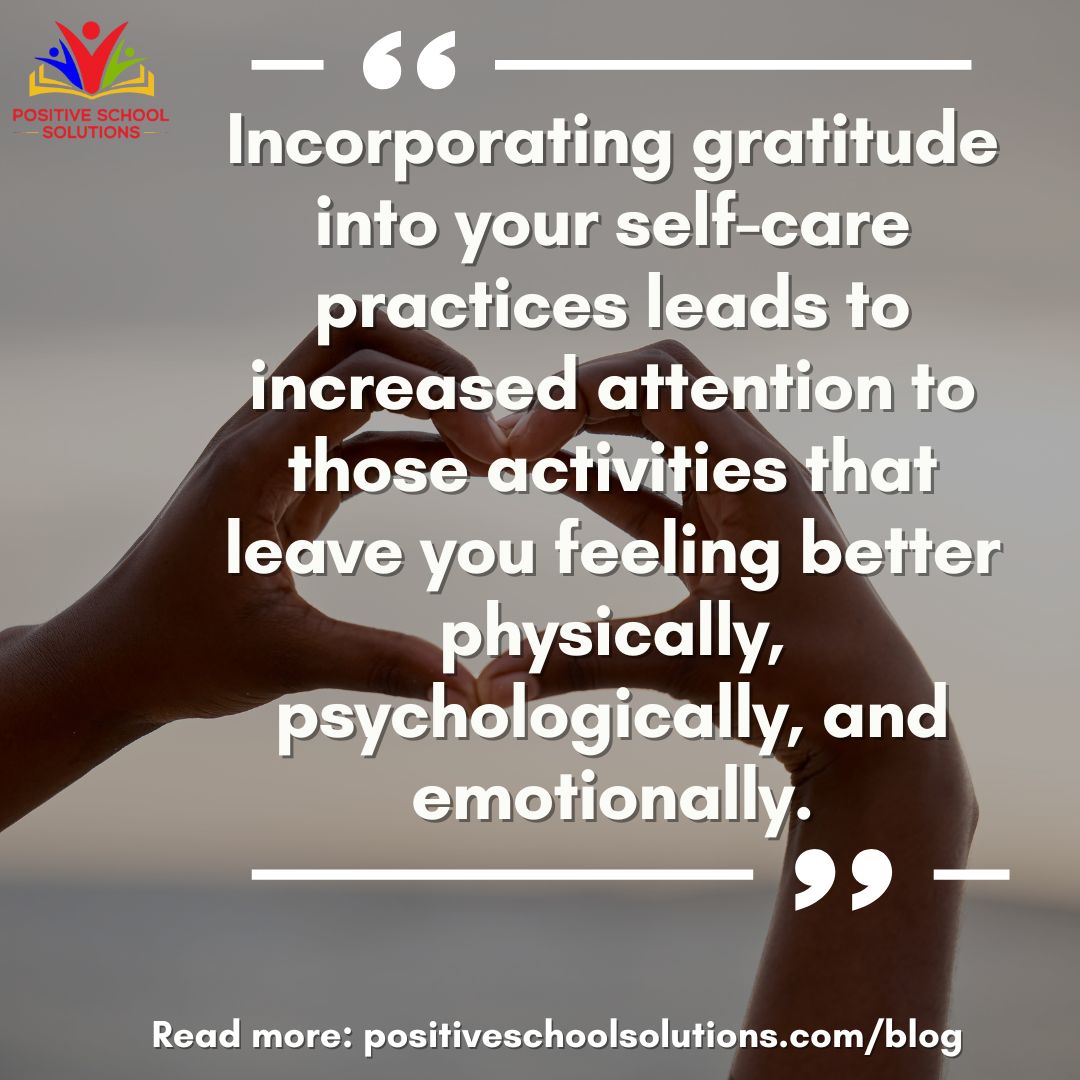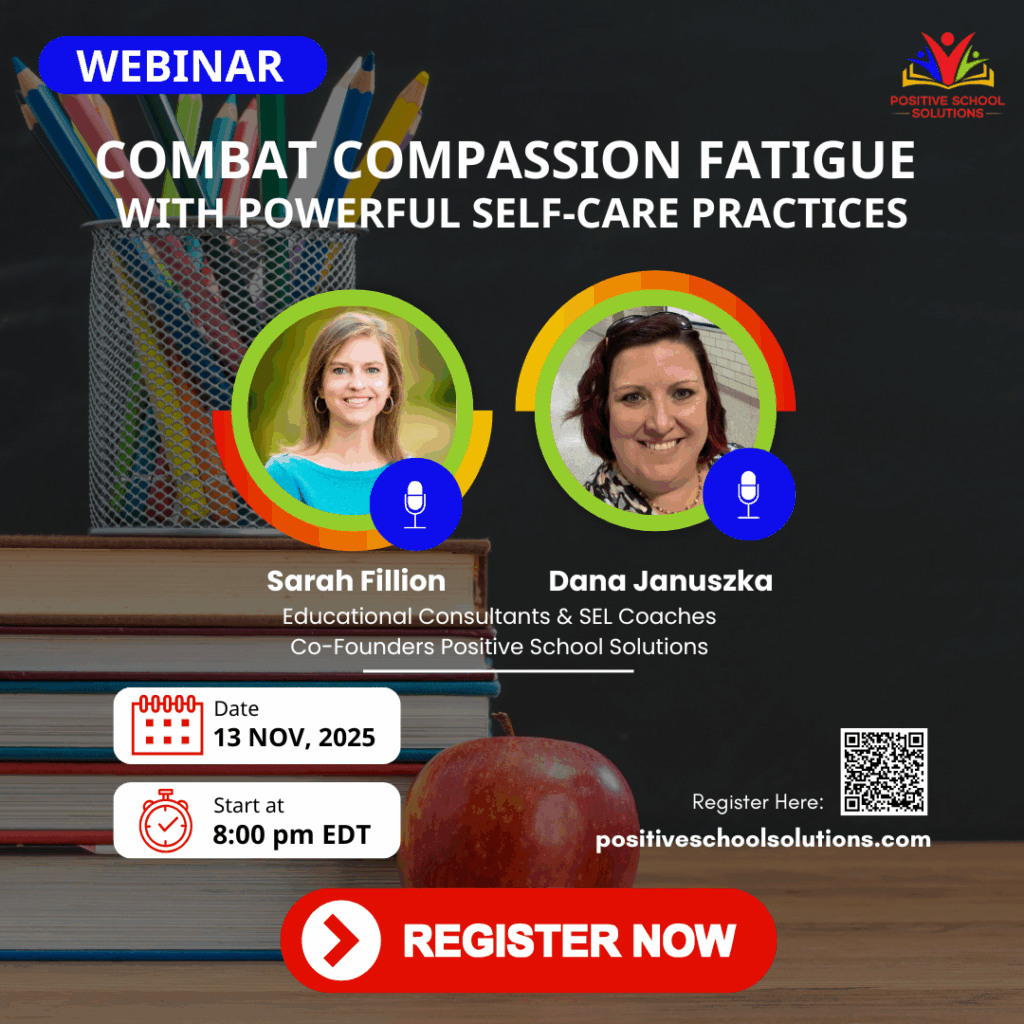Have you heard the saying ‘what you pay attention to grows’? Imagine if we were to focus on self-care in a way that helped it grow, leading to more meaningful and productive activities that left us feeling rejuvenated and ready to tackle our to-do lists. Great news — there is a strategy that helps you focus and grow your self-care practices and it doesn’t require wearable technology, expensive purchases, or being able to balance on one foot. The secret ingredient to improving self-care is regularly implementing a practice of gratitude. Through expressing gratitude for self-care practices, even through quick 2-minute activities, we are more likely to repeat the self-care practice in the future – and incorporate additional activities as well! 
On November 6, 2016, I set a goal for myself to run 100 days consecutively – a minimum of two miles each day, no excuses. During these 100 days I learned a lot about myself, including how gratitude can lead to better self-care. I have lots of stories to tell about this challenge and will share more in other blogs, but for now I’ll focus on how gratitude can promote self-care. The research on the direct positive impact of gratitude on physical health is limited, but expanding, and researchers are finding many positive correlations! Here are five positive impacts that gratitude has had on my health that I hope you’ll be able to incorporate into your self-care practices as well.
Emotional well-being. Gratitude can improve your emotional well-being by increasing both levels of happiness and a positive mindset. Through expressing gratitude for self-care, you are able to tap into the emotional well-being of recalling things that make you happy – expanding your view to even more positives within your life. As I sit and write this now, I am recalling a month or so ago, when I had the good fortune of watching deer bound away gracefully, and that recollection alone has made my mindset more positive!
Whether your self-care practices include taking a bath, reading a book, gardening, going to bed early, or something else, pause to practice gratitude – what is something about this practice that makes you happy? What leads you to a more positive mindset about this practice? Expressing gratitude for those elements will help you strengthen your self-care practice and leave you feeling in an increased state of emotional well-being.
Resilience. By challenging myself to run for 100 days in a row and expressing gratitude each day for the accomplishment, I improved my resilience. One day, I recall feeling like my pace was much slower than normal and yet when I looked at the elapsed time once I completed the run, I had decreased by 2 minutes from the previous week. Being thankful for my body being so strong that even slow days were faster than they were previously helped me to build resilience. The next time I felt slow, I continued to push, hoping to once again beat my previous time.
Reflecting on where you were, and expressing gratitude for the progress you have made in caring for yourself, can help improve resiliency. It is important to celebrate the growth, not measure your self-care on a success versus failure scale. For example, if you started a meditation practice and you have increased from 2 minutes to 5 minutes, that is growth that should be celebrated! Calling attention to that progress and expressing gratitude for the challenges you overcame to continue growing that practice regularly will carry forward and your resilience will be even stronger for the next hurdles you experience!
Self-esteem. We can be our own harshest critic, and practicing both gratitude and self-care can help us to reshape the voice that speaks loudly in our head. By implementing self-care practices, such as connecting with friends and family, we hear the positive ways that others speak to us, and the way we encourage others. By adding in a component of gratitude, such as pausing after a conversation to reflect on the way you feel, you slowly shift negative self-talk into positive self-talk, resulting in many benefits, including better self-esteem!
Stress. Gratitude can improve ability to deal with stress by decreasing levels of emotional exhaustion. In this case, self-care and gratitude go hand-in-hand; when I do something that nurtures my well-being and pause to express gratitude for the opportunity, I feel less stressed and better equipped to handle stressors. On a personal note, I feel like I do my best resolving stress while I am practicing self-care – if I am feeling stressed and overwhelmed and go for a run or a walk in nature, I finish with ideas or actions that will improve my situation. Later on, I am able to be grateful for the space that was created, allowing me to weigh options and make decisions. When exercising is not an option, I have learned that even implementing the self-care practice of sitting for two minutes and focusing on my breath helps to create the space that is needed to identify with clarity next steps when I’m feeling stressed. Through combining gratitude and self-care practices, we are able to take care of ourselves, regulate our emotions, and decrease the feelings of stress in comparison to before the self-care activity.
Sleep. Sleep in and of itself is a great self-care practice, and incorporating gratitude into your bedtime routine will elevate your sleep to the next level. By adding gratitude to your bedtime routine, you go to bed with positive thoughts and gratitude in your heart, resulting in a more peaceful transition into sleep.
Embedding gratitude into sleep is tricky to do in the moment, especially if you are in a deep slumber. But, there are still ways to incorporate gratitude into this self-care practice. Consider brainstorming a list of what you are grateful for as you brush your teeth or instead of counting sheep, list all that you are grateful for as you segue into dreamland. In the morning when you wake up, take a moment to reflect on what you are grateful for right then – whether it is the warmth of the blankets you are under, the cozy feeling you’ve created in your bedroom, or how your body feels refreshed and ready to get started.
Incorporating gratitude into your self-care practices leads to increased attention to those activities that leave you feeling better physically, psychologically, and emotionally. Because what we focus on grows, you’ll elevate your self-care practices, see more of the positives in your life on a regular basis, and feel better overall.
Not sure where to start? Check out our Lesson Plan For Life course!
Written by Sarah Fillion and Dana Januszka for Positive School Solutions 2020


